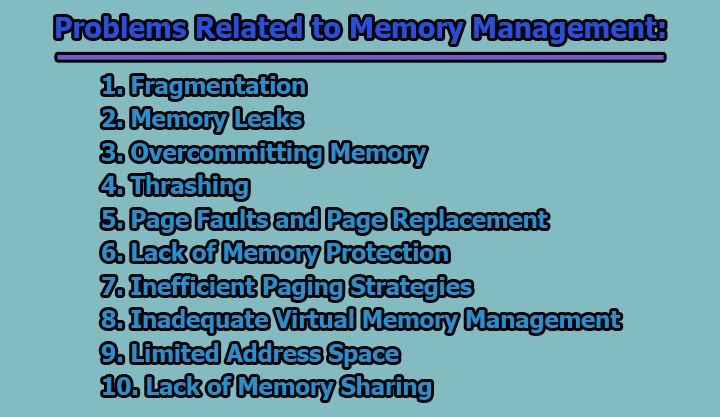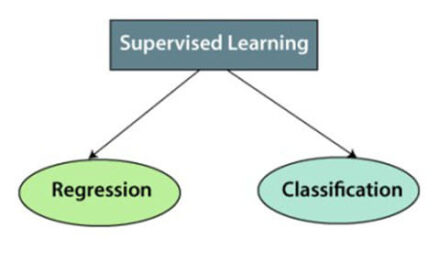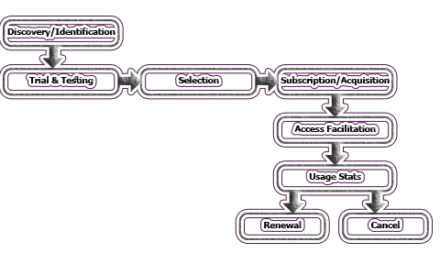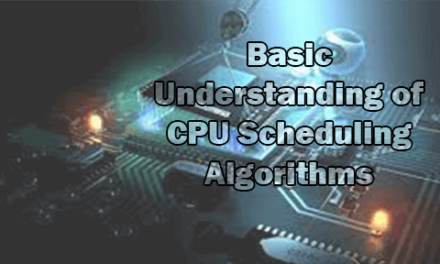Problems Related to Memory Management:
Memory management is a crucial aspect of computer systems, responsible for organizing and optimizing the usage of a computer’s memory resources. Efficient memory management is essential for the smooth operation of software applications and the overall performance of a system. However, like any complex system, memory management is prone to various problems that can negatively impact a computer’s functionality. In this analysis, we will explore some of the key problems related to memory management.
- Fragmentation: Fragmentation is a common issue in memory management that occurs when memory becomes divided into small, non-contiguous blocks. There are two types of fragmentation: external and internal. External fragmentation arises when free memory is scattered throughout the system, making it challenging to allocate large contiguous blocks of memory. Internal fragmentation occurs when memory blocks are assigned to processes, but the allocated space is not fully utilized, leading to wasted memory.
Consequences: Fragmentation can lead to inefficient memory utilization, increased memory overhead, and, in extreme cases, memory exhaustion.
Solutions: Compaction techniques, such as memory compaction or garbage collection, can help consolidate free memory blocks and reduce fragmentation. Dynamic memory allocation algorithms that allocate contiguous memory blocks whenever possible can also mitigate fragmentation.
- Memory Leaks: Memory leaks occur when a program allocates memory but fails to release it properly, resulting in a gradual depletion of available memory over time. Common causes include programming errors, such as forgetting to free dynamically allocated memory or losing references to allocated memory blocks.
Consequences: Persistent memory leaks can lead to a gradual decline in system performance, increased resource consumption, and eventually system crashes.
Solutions: Employing proper programming practices, such as using automated memory management tools, garbage collection, and thorough testing, can help identify and rectify memory leaks. Memory profiling tools can also assist in detecting and fixing memory allocation issues during development.
- Overcommitting Memory: Overcommitting occurs when a system allocates more memory than it physically has, relying on virtual memory and swap space to make up the difference. While this technique allows for more flexible memory allocation, it can lead to performance degradation when the system exhausts available physical resources.
Consequences: Overcommitting can result in excessive swapping, increased disk I/O, and reduced system responsiveness, especially during periods of high memory demand.
Solutions: Implementing proper resource monitoring, setting realistic limits on memory allocation, and optimizing swap space usage can help mitigate the risks associated with overcommitting memory.
- Thrashing: Thrashing is a phenomenon where a system spends a significant amount of time swapping data between physical memory and the swap space due to excessive page faults. This usually occurs when the demand for memory exceeds the available physical RAM, leading to a constant swapping of pages between disk and memory.
Consequences: Thrashing can severely degrade system performance, causing a slowdown in application responsiveness and overall system efficiency.
Solutions: To alleviate thrashing, increasing the physical memory, optimizing the page replacement algorithm, and minimizing unnecessary background processes can be effective strategies. Additionally, optimizing disk I/O can help reduce the impact of thrashing on system performance.
- Page Faults and Page Replacement: Page faults occur when a program attempts to access a page of memory that is not currently in physical RAM. Page replacement is the mechanism used to swap pages between main memory and secondary storage when page faults occur. The choice of page replacement algorithm can significantly impact system performance.
Consequences: Inefficient page replacement algorithms can lead to increased page faults, resulting in performance degradation and decreased responsiveness.
Solutions: Employing intelligent page replacement algorithms, such as Least Recently Used (LRU) or Clock, can help optimize memory utilization and reduce the impact of page faults. Fine-tuning the page size and optimizing disk I/O can further enhance performance in this regard.
- Lack of Memory Protection: Memory protection mechanisms are crucial for preventing unauthorized access or modification of a program’s memory space. A lack of robust memory protection can lead to security vulnerabilities, including buffer overflows and unauthorized access to sensitive data.
Consequences: Security breaches, data corruption, and system instability can result from a lack of memory protection, compromising the overall integrity of the system.
Solutions: Implementing strong memory protection mechanisms, such as address space layout randomization (ASLR) and data execution prevention (DEP), can help mitigate the risks associated with unauthorized memory access. Regular security audits and code reviews are also essential for identifying and fixing potential vulnerabilities.
- Inefficient Paging Strategies: Paging is a memory management scheme that allows the operating system to divide physical memory into fixed-size blocks called pages. Inefficient paging strategies, such as constant page swapping or excessive use of swap space, can lead to performance bottlenecks.
Consequences: Inefficient paging strategies can result in increased disk I/O, longer response times, and reduced overall system performance.
Solutions: Adopting optimized paging strategies, adjusting page sizes based on application requirements, and fine-tuning the page replacement algorithm can help improve the efficiency of memory paging.
- Inadequate Virtual Memory Management: Virtual memory is an abstraction that allows programs to address more memory than is physically available. Inadequate virtual memory management can result in inefficient use of available resources, leading to decreased system performance.
Consequences: Inadequate virtual memory management can cause excessive paging, increased disk I/O, and a decline in overall system responsiveness.
Solutions: Optimizing virtual memory settings, adjusting swap space configurations, and implementing intelligent memory allocation algorithms can enhance virtual memory management and improve system performance.
- Limited Address Space: Some systems may face limitations in their address space, particularly in 32-bit architectures. This limitation can restrict the amount of memory that can be addressed by a single process, potentially leading to memory exhaustion for memory-intensive applications.
Consequences: Limited address space can result in application crashes, failure to allocate required memory, and restricted scalability for memory-intensive tasks.
Solutions: Transitioning to 64-bit architectures, where the address space is significantly larger, can help overcome limitations associated with address space. Additionally, optimizing memory usage and employing memory-mapping techniques can mitigate the impact of limited address space.
- Lack of Memory Sharing: In multi-process or multi-user environments, the lack of efficient memory sharing mechanisms can result in redundant memory allocations and increased resource consumption. This is particularly relevant in scenarios where multiple instances of the same application are running simultaneously.
Consequences: Redundant memory allocations can lead to increased memory overhead, inefficient resource utilization, and reduced overall system efficiency.
Solutions: Implementing memory sharing techniques, such as shared memory segments or copy-on-write mechanisms, can help optimize memory usage in multi-process environments. This facilitates efficient sharing of common data among processes, reducing the overall memory footprint.
In conclusion, effective memory management is crucial for ensuring the optimal performance and stability of computer systems. The problems outlined above, ranging from fragmentation to lack of memory protection, can significantly impact a system’s functionality. As technology evolves, addressing these memory management issues becomes even more critical to meet the growing demands of modern computing. By adopting best practices, implementing robust algorithms, and leveraging advancements in hardware and software, the industry can mitigate these challenges and pave the way for more efficient and reliable memory management in the future.

Library Lecturer at Nurul Amin Degree College










